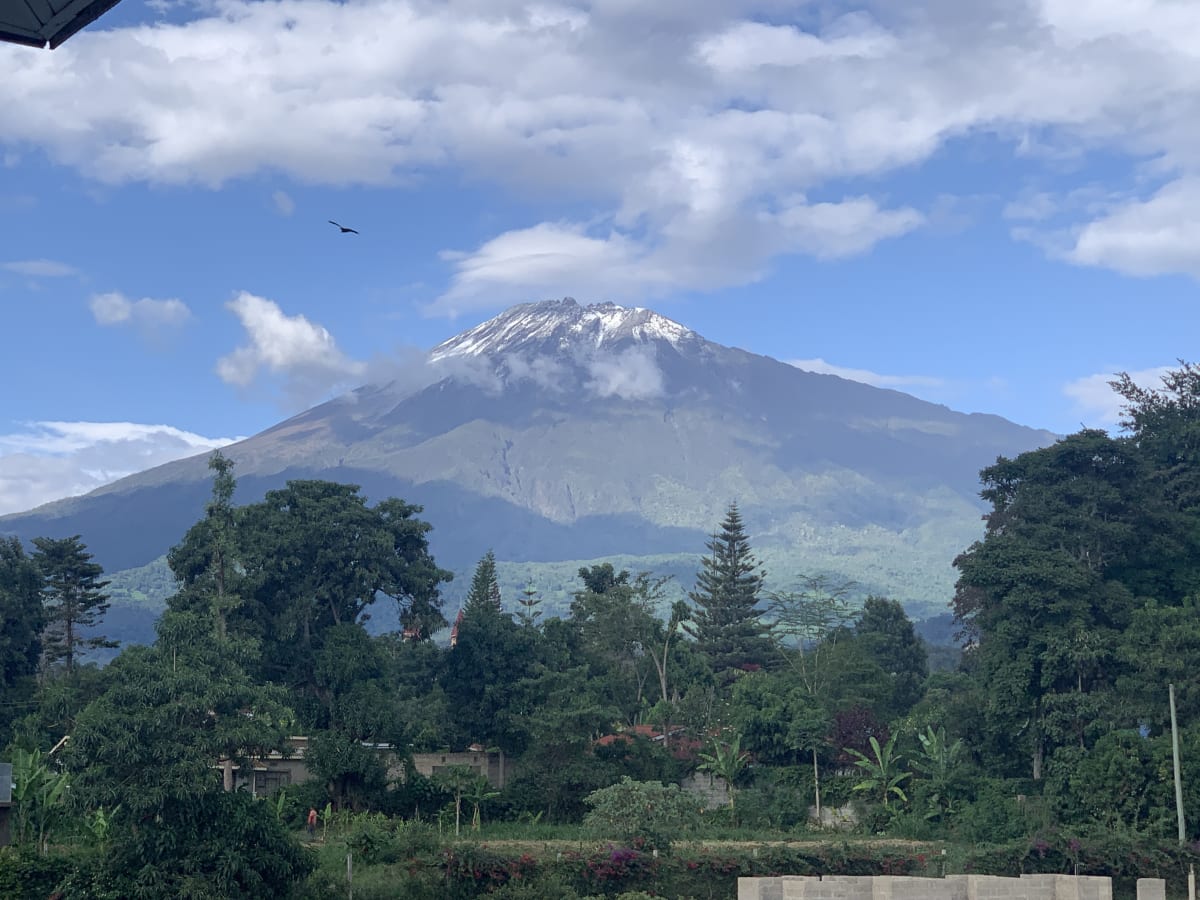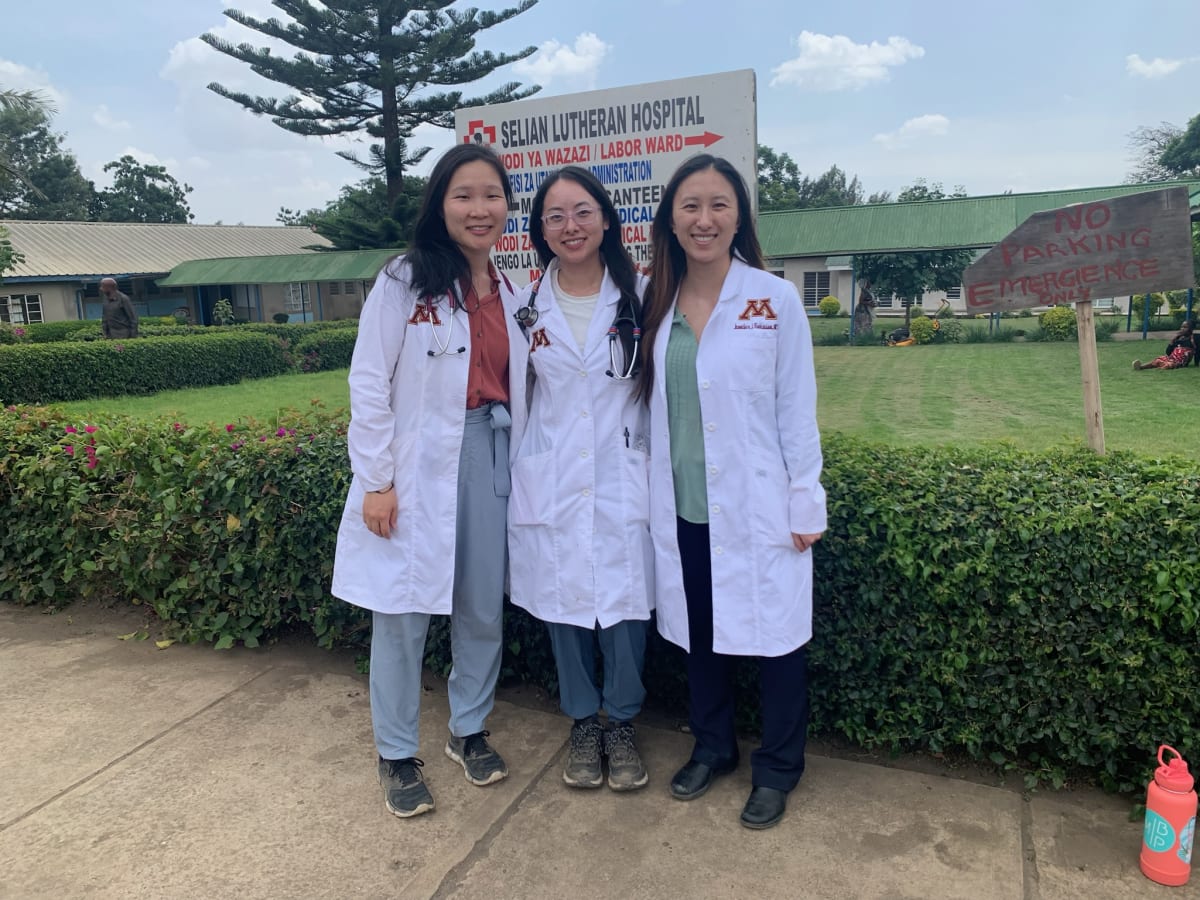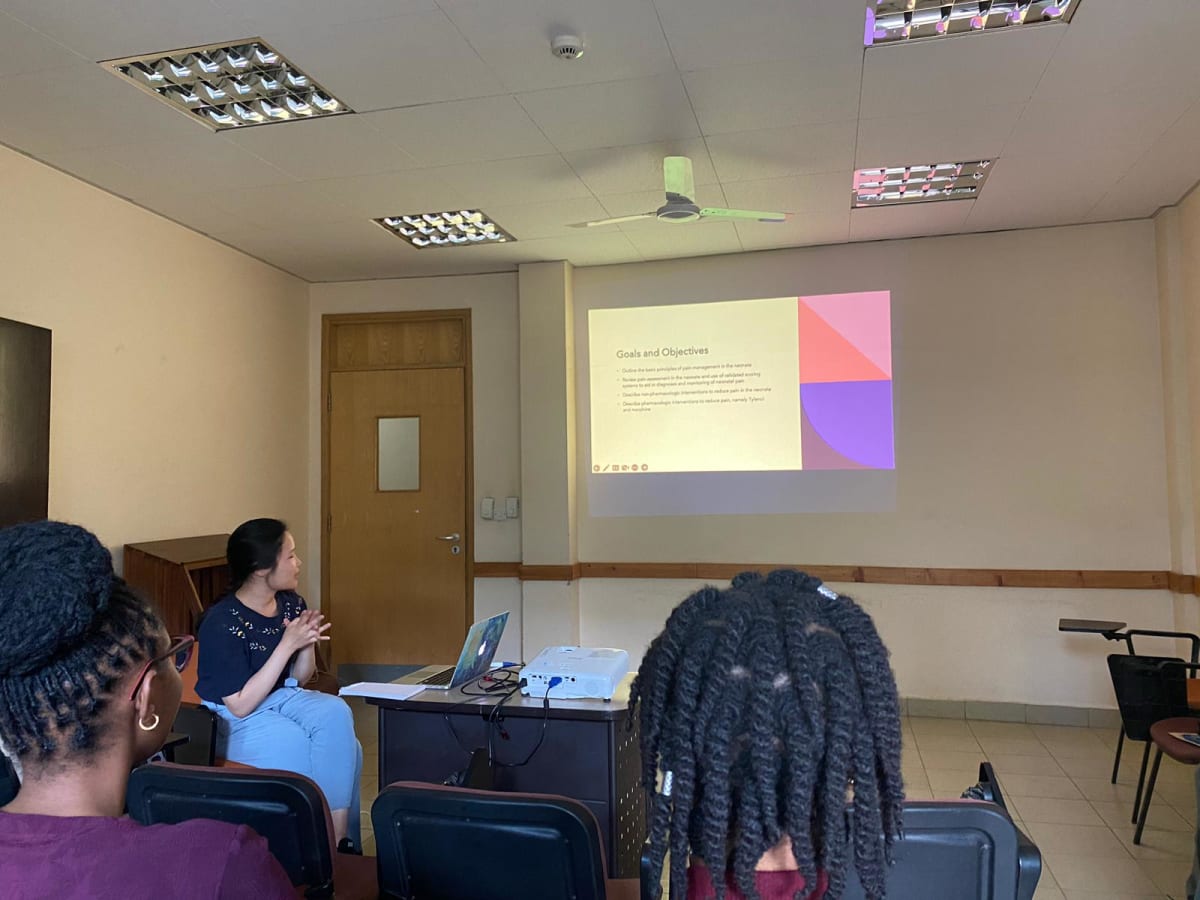I will be traveling to Tanzania to work with the local physicians at Selian Lutheran Hospital and Arusha Lutheran Medical Center in Arusha, Tanzania. This is part of a long-standing partnership our residency’s global medicine pathway program has with those hospitals. I will be working on the pediatrics wards, adult wards, NICU with the local registrars. Through this, I will be engaging in bidirectional learning with the registrars (residents) who work on the wards through bedside teaching and formal didactics such as morning reports and case reports.
Along with other residents who will be traveling to Tanzania throughout the next half year, I will be working on a longitudinal project specifically in the NICU.
The Arusha Lutheran Medical Center Neonatal Intensive Care unit (ALMS NICU) has been caring for critically ill and premature babies since investing significant resources into equipment, education, and support resources in 2013. Tanzanian staff have been assisted by rotating NICU nurses, resident physicians, and neonatology specialists in developing training materials and protocols to incorporate best practices in the care of premature infants in a low resource setting. A critical aspect of continuous improvement involves reassessing materials for content and clarity, updating protocols, and conducting assessments of methods such as positive pressure therapy in respiratory failure and antibiotic stewardship. I will be involved in reviewing the current NICU care manual, incorporating feedback from Tanzanian providers and adapting material specifically in neonatal pain management to the ALMC setting. This project will be under the direction of NICU director Dr. Steve Swanson and in collaboration with the Tanzanian pediatric registrars and nurses with whom trainees provide direct patient care.
The project will serve the pediatric, particularly the neonatal population, in Arusha and the staff who provide daily care in the NICU. On a larger scale, the population we will be serving through direct patient care will be the local community, both urban (Arusha Lutheran Medical Center) and more rural, underserved populations including the indigenous Maasai people (Selian Hospital).
Overall, the hope is that this project will have an impact on continuing to improve the quality of neonatal care in Arusha and continue to build on the amazing work already being accomplished by the local Tanzanian providers and prior rotating residents and specialists. I anticipate that this project will also lead to further quality improvement initiatives as we learn more about the needs through feedback from local providers. In addition, I look forward to building more collaborative relationships with the registrars in Tanzania, through working together on case reports, narrative stories, and other medical education endeavors. I also hope to learn more about practicing medicine in a different healthcare system and in a low resource setting while sharing the knowledge I’ve learned throughout my residency training and use the experiences and relationships I gain from working on this project to mentor future residents who are interested in global medicine work.












I traveled to Arusha, Tanzania for the first time for a global medicine rotation to work with local physicians at two of the hospitals there. It was both a clinical and educational focused trip. I rounded on the pediatric and medicine wards with the local teams and gave a couple educational lectures along with one of my colleagues on failure to thrive and management of different pediatric emergencies. I learned so much from the doctors I had the privilege of working with. Day in and day out, I was impressed by their resilience and care for their patients, despite the challenges.
One of the highlights of my trip was spending some time in the NICU. Seeing the amazing outcomes possible, including an extremely low birth weight 28 week preemie doing well with CPAP and nutritional support, was eye-opening. Low cost technology does make a difference, as does continued investment and incremental changes over years of dedication from the local team.
Part of my trip also involved education regarding neonatal pain and working on developing pain management protocols for the NICU and step-down unit. Through discussion with local Tanzanian providers, this was identified as an area for improvement. I had the opportunity to give a lecture on neonatal pain management and then worked together with the registrar doctors and nursing staff to brainstorm how to improve awareness and treatment of neonatal pain. This project will be continued longitudinally by local doctors and other rotating doctors.
Many thanks to the Doximity foundation for generously helping to fund this trip!